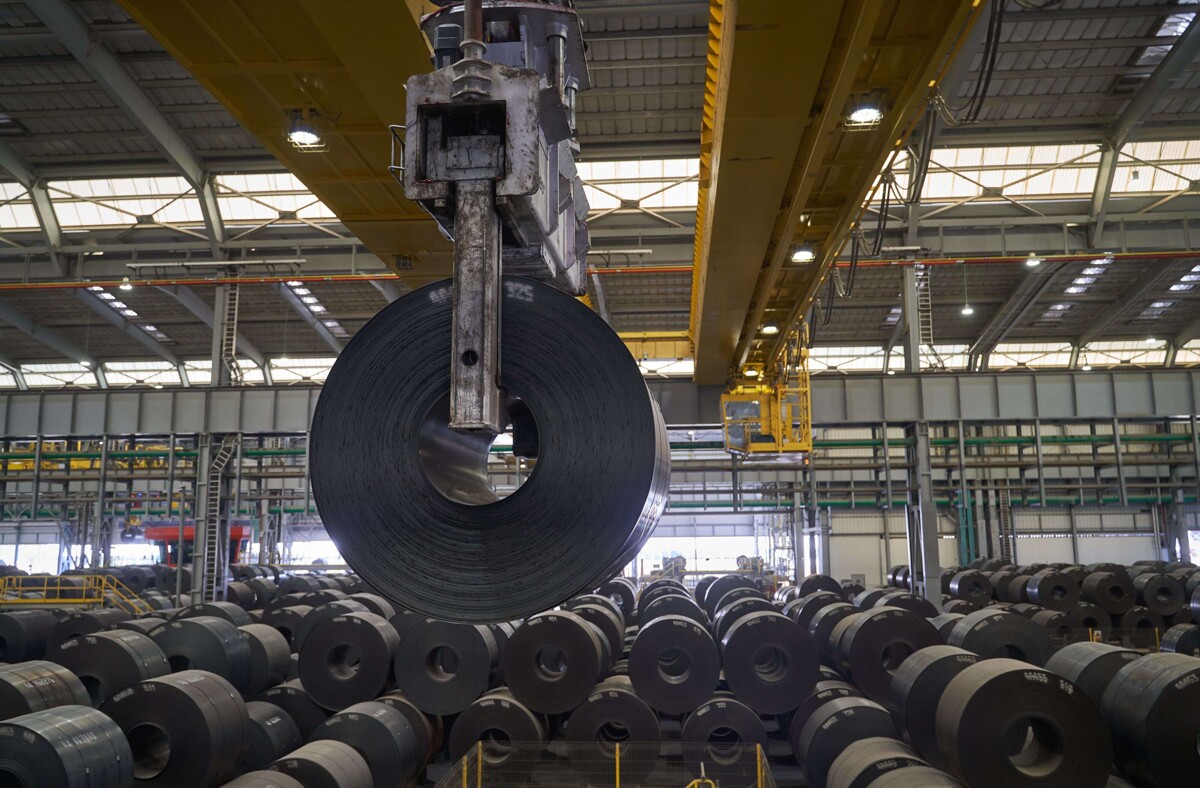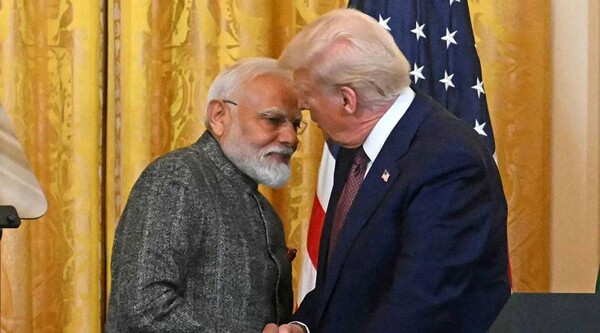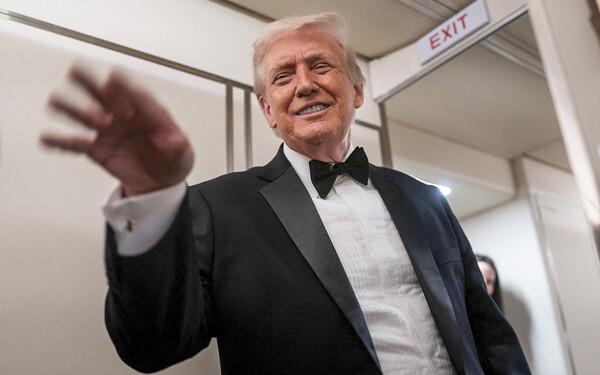
The application of tariffs on steel exports can be interpreted as an attempt to revive the glorious past of the industry, but the reality is that both the economy and the world have changed significantly. Steel manufacturing, which used to symbolize the effort and dedication of hundreds of workers in huge factories, is now affected by globalization and automation of processes.
The workers' union has fought to remain a symbol of the American industry, but it faces the harsh reality that the company is no longer competitive in today's market. Despite having once been the largest steel producer worldwide, even being on the verge of being acquired by Nippon Steel, the company has lost ground to foreign competitors.
The announcement of the imposition of tariffs has generated nostalgia among certain sectors of the American population, but in the business world, it is the numbers and profits that determine decisions. Inflation has increased by 3%, indicating that protectionist measures may have negative consequences for the country's economy.
The history of U.S. Steel, one of the companies that defined Western capitalism and the economic development of the United States, reflects the clash between nostalgia for a glorious past and the reality of a constantly changing world. Globalization and automation have transformed the steel industry, leading to the need to adapt or disappear in an increasingly competitive market.














